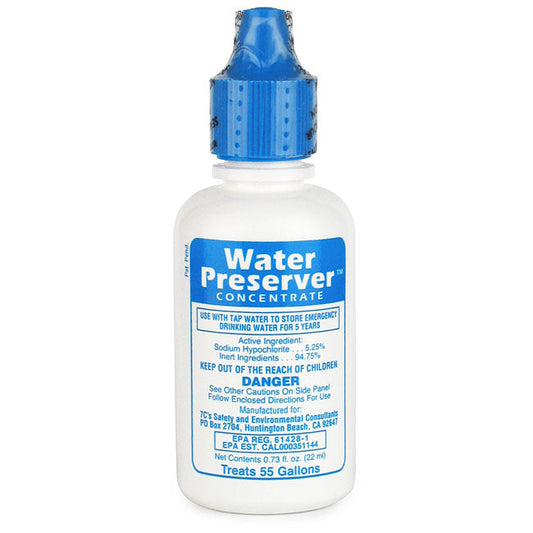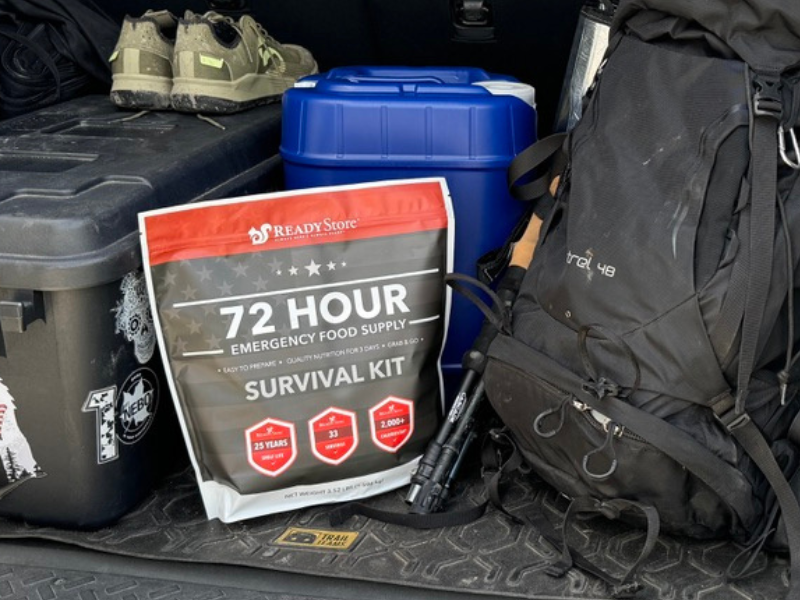Being stranded in your car can be a scary experience. However, with preparation and the right actions, you can stay safe and find the help you need during an emergency. Here are essential tips to help you navigate such situations.
1. Don’t Abandon Your Car
Your car offers shelter, especially during storms. Avoid leaving it unless you are certain help or a city is nearby. Staying with your vehicle increases your chances of being found.
2. Use a Flag for Visibility
Attach a fluorescent flag to your car’s antenna or hang it from a window. At night, use a flashlight or the car’s dome light. Keep someone awake to signal for help if needed.
3. Call for Help
If you have a phone, call for help immediately. Provide detailed information about your location, such as nearby landmarks, road names, and your direction of travel. This information can be lifesaving.
4. Conserve Gas
Run the engine periodically to power the heater but limit use to 20-minute intervals to conserve fuel. Ensure the exhaust pipe is clear of snow or debris to prevent carbon monoxide buildup.
5. Signal with Your Horn and Lights
Use your car horn and lights to signal for help while the engine is running. Be mindful of battery usage when the engine is off, as prolonged use can drain the battery.

6. Equip Your Car with Emergency Supplies
Prepare your car with essentials like water, food, jumper cables, a flashlight, an emergency radio, and blankets. These items can provide critical support during extended emergencies.
7. Stay Hydrated
Keep water in your car’s emergency kit. Even in cold weather, dehydration can occur quickly. Proper hydration is vital, especially if stranded for extended periods.
8. Insulate for Warmth
Use blankets, floor mats, or other materials in your car to retain body heat during winter storms. Proper insulation can prevent hypothermia and keep you comfortable.
9. Avoid Overexertion
Shoveling snow or pushing your car can lead to injuries or exhaustion, increasing your risk of hypothermia due to wet, sweaty clothes. Instead, perform light exercises in your car to stay warm and maintain circulation.













